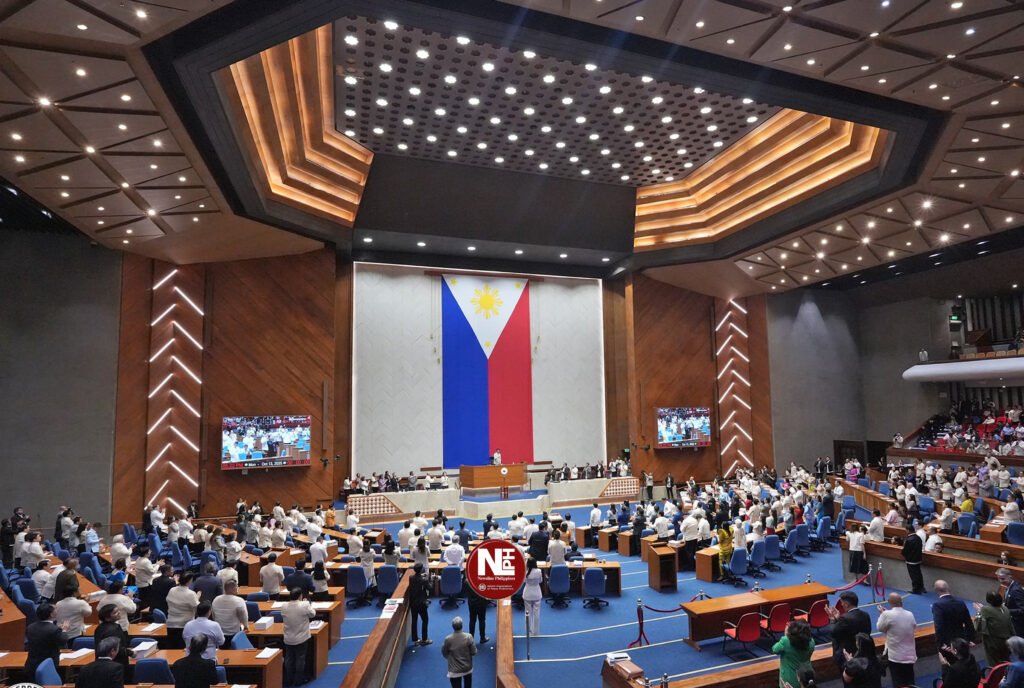
DAVAO CITY (November 28) — As cases of online harassment, coercive control, and domestic abuse continue to rise, lawmakers have taken a major step toward strengthening protections for women and children.
The House Committee on Women and Gender Equality has approved the proposed Expanded Anti–Violence Against Women and Their Children (E-VAWC) bill, a long-awaited upgrade to the 20-year-old law that many advocates say has lagged behind the fast-evolving forms of violence in Filipino homes and online spaces.
Committee chair Rep. Maria Rene Ann Lourdes Matibag (Laguna, 1st District) called the committee approval “a significant victory for every woman who has endured violence, and for every family seeking justice, safety, and dignity.”
“This bill is not just a policy reform; it is a promise that the State will not look away,” Matibag said. “Today, we move closer to a Philippines where no woman or child suffers in silence.”
A law catching up with reality
Since the passage of RA 9262 in 2004, violence against women and children has expanded into new terrain — particularly digital abuse, economic manipulation, and coercive control, which were not clearly defined in the original law.
Women’s groups report a steady increase in cases involving surveillance through devices, non-consensual sharing of intimate images, financial restrictions imposed by partners, and psychological manipulation that traps survivors in cycles of dependency and fear.
The E-VAWC bill attempts to confront these realities head-on.
What’s new in the Expanded Anti-VAWC bill?
1. Digital and online abuse officially recognized
For the first time, the law will explicitly cover:
- Cyberstalking and digital surveillance
- Unauthorized access to a woman’s devices or accounts
- Non-consensual sharing of intimate images (“revenge porn”)
- Online harassment, threats, and impersonation
This closes a long-standing gap survivors faced when abusers used technology to control or shame them.
2. Coercive control is now a punishable form of violence
The bill adopts global best practices by recognizing patterns of domination—not just physical harm.
These include:
- Isolation from family and support networks
- Gaslighting, intimidation, and threats
- Withholding financial support
- Controlling daily activities or employment
This change acknowledges that abuse is often a cumulative pattern, not a single incident.
3. Expanded protection orders and faster access to help
The measure strengthens Barangay Protection Orders (BPOs) and Temporary Protection Orders (TPOs) by:
- Extending validity
- Simplifying issuance
- Requiring frontline responders to act within tighter timelines
This aims to remove bureaucratic obstacles that often delay a survivor’s escape to safety.
4. Stronger accountability for abusers
The bill proposes:
- Higher penalties for repeat offenders
- Sanctions for psychological and economic violence
- Mandatory rehabilitation programs for perpetrators
It also strengthens mechanisms for law enforcement and social workers to respond more effectively.
5. Broader support services for survivors
Survivors will have better access to:
- Free legal assistance
- Psychological care
- Crisis centers
- Digital evidence preservation support

